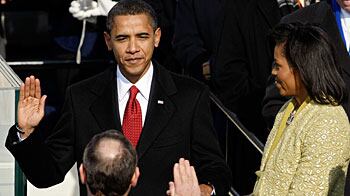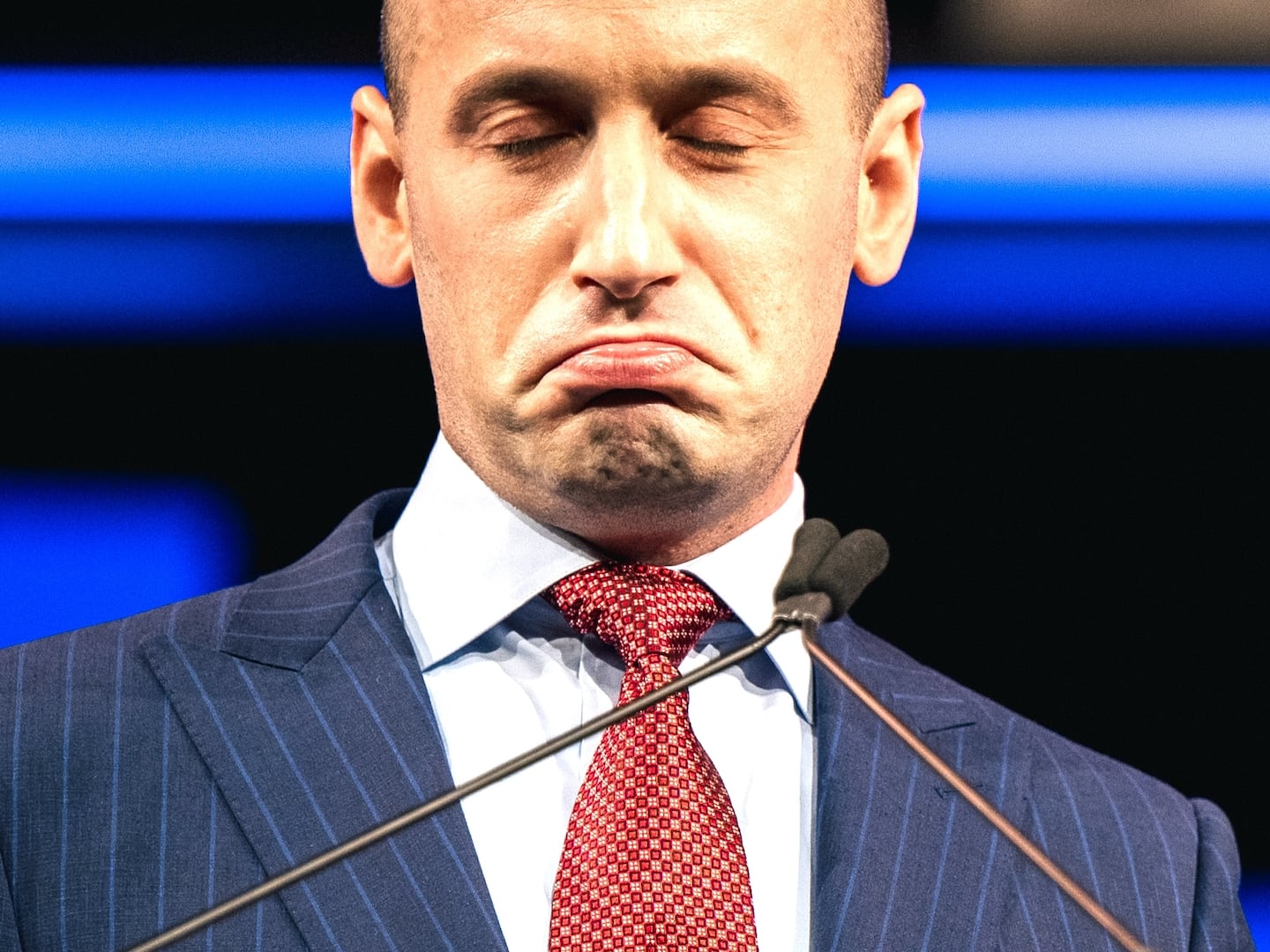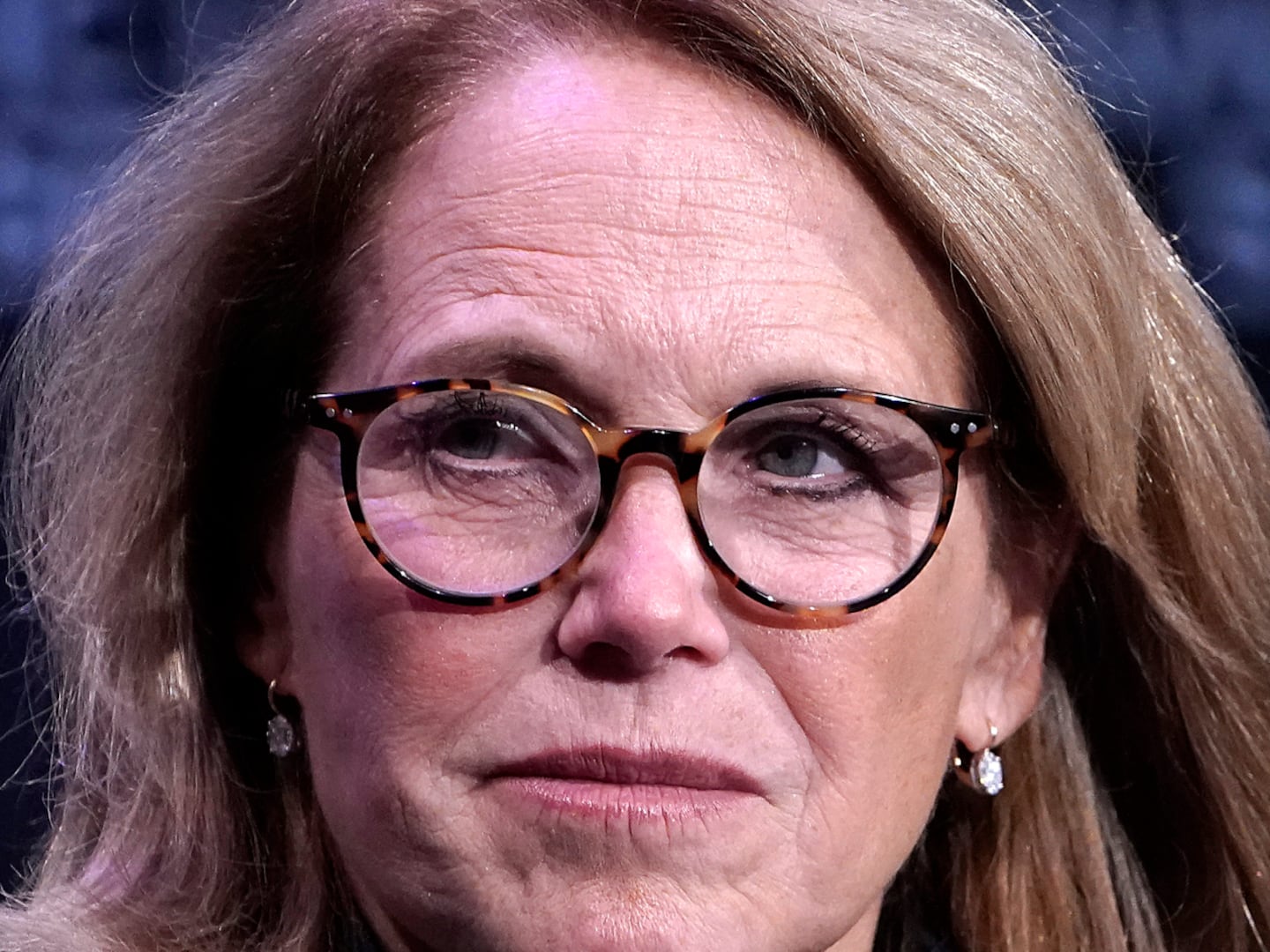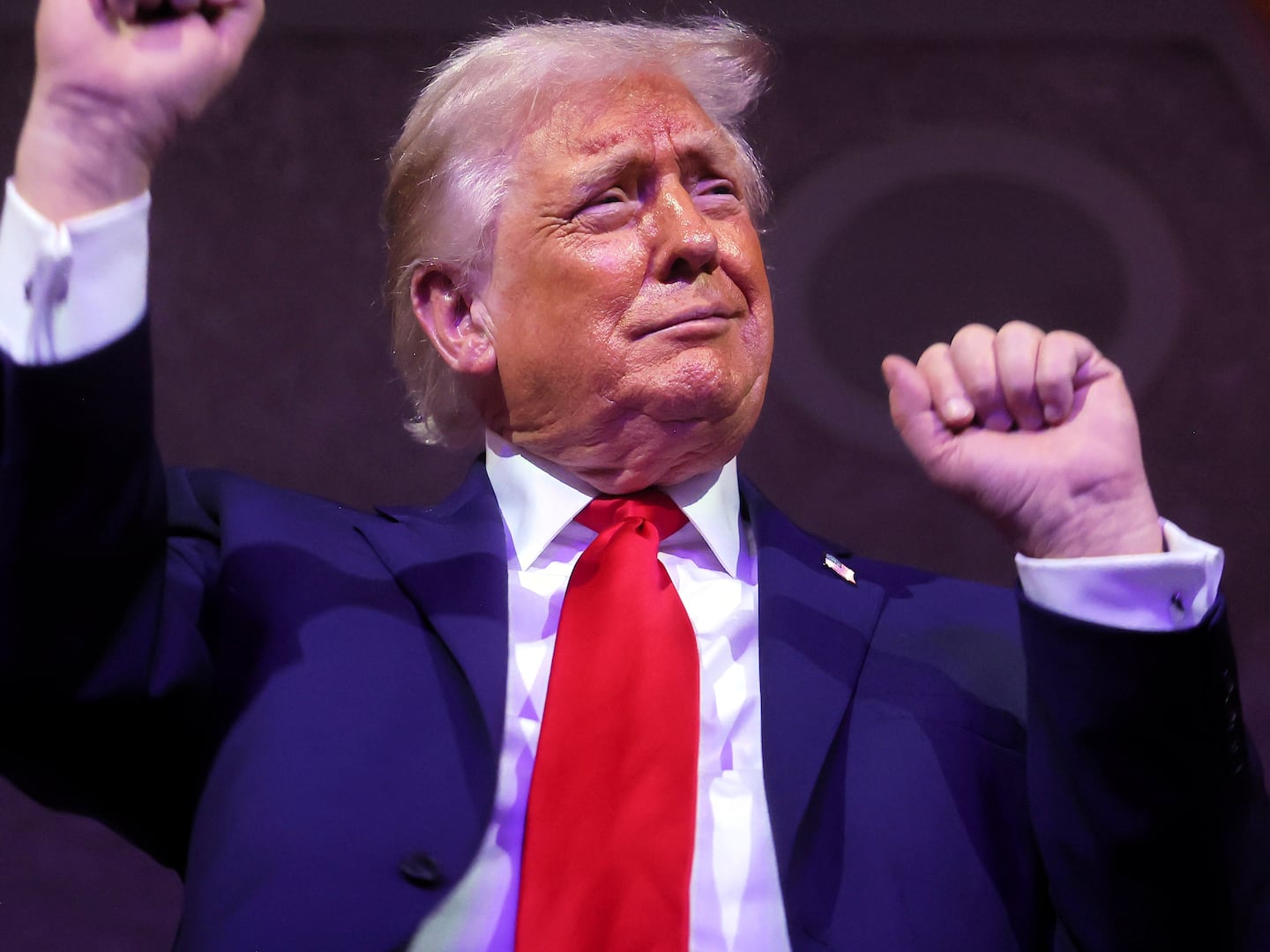
It struck me as the Marine band played and I joined the river of people heading up C Street away from the west front of the capital. This was 9/11 in reverse. The last time I turned round and saw so many people behind me, it was that terrible day in New York when the twin towers burned and we poured out of our offices downtown and swarmed up Fifth Avenue. Then the faces were distraught. Now they were joyful. Then America had been assaulted by terror. Now it had been renewed by hope. A mysterious exchange has already taken place between our burdens and the president's demeanor. The more joyous we have become, the more sobriety Obama has assumed. His inaugural speech was free of literary exhibitionism. It was a litany of our challenges and his solemn promise to meet them. His words were purposeful, almost business-like, with the tautest of poetical flourishes.
The more joyous we have become, the more sobriety Obama has assumed.
And yet all day he was surrounded with astonishing poetic symbolism. Not only the helicopter bearing away the ills of his predecessor in democracy's spell-breaking moment of regenerative wizardry, but the high drama of the old democratic guard itself, Senators Ted Kennedy and Robert Byrd literally collapsing as the torch was passed to the new generation. The physical transfer of power has marked the passage of eras before—from the Southern sympathizer James Buchanan to Abraham Lincoln; from Dwight Eisenhower, the heroic general, who as president presided as a figure of reassurance and complacency to John F. Kennedy, the young war hero who blew the bugle for action. From George H.W. Bush, the last World War II president and representative of Wasp ascendancy, to Bill Clinton, the first Baby Boomer president who had never served in the military. But Obama represents the new both in his person and himself. The first African-American president, the first digitally wired president and the first president who has seemed to be in charge from the day he was elected, not, like other presidents from the day he was sworn in. The rest of the world, of course, elected him a year ago and have just been waiting to see their longing ratified.
As our relief exploded yesterday into national outpourings of relief, we have watched the new young president elect become daily more cognizant of the burdens facing him.
On Inauguration eve, I attended a "bipartisan" black tie dinner for some of Obama's top donors at Union Station. It was a typically gracious gesture of the president-elect's inauguration planning to stage three dinners on the eve of the big day, one honoring Sen. John McCain, one Colin Powell, and one Joe Biden. It took grace too, for McCain, at any rate, to agree to be honored by the very man who beat him and the very people who had funded his political rout, but he agreed to be honored because he too understands that Obama is trying to live right from the start the bi-partisan rhetoric of his campaign. At the Union Station event Biden arrived in time for dinner looking handsome and proud escorting his wife and mother. He spoke of his determination to heal wounds across the aisle and the friendships he has with Chuck Hagel, Colin Powell, and John McCain, which he never lost sight of even in the harsh moments of the campaign. Obama himself appeared from behind the stage to speak of Biden and how his choice to make him vice president was informed as much by Biden's decency and belief that he would nurture relationships across the aisle as by his political gifts. Afterwards some of us got into line and had a picture with both of them. I was struck by how much less casual Obama looks behind the big, world beating smile. He exudes purpose and authority now. I told him my husband still has the contract he signed as president of Random House when their imprint Times Books acquired Dreams from My Father. "Worth something now, huh?" he told me, as he draped a long arm to gather me in between himself and his even taller vice president and easefully lit up for the camera. I felt safer and calmer than I have for eight years.
Tina Brown is the founder and editor-in-chief of The Daily Beast. She is the author of the 2007 New York Times best seller The Diana Chronicles. Brown is the former editor of Tatler, Vanity Fair, The New Yorker, and Talk magazines and host of CNBC's Topic A with Tina Brown. She has written for numerous publications, including The Times of London, The Spectator, and The Washington Post.






